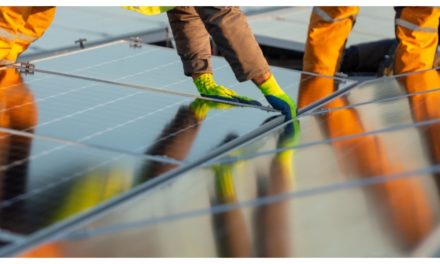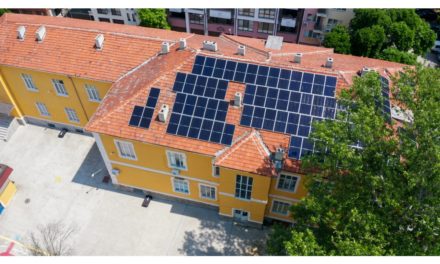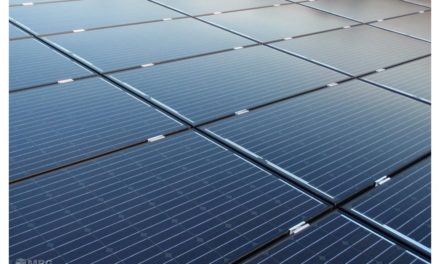- EC has issued revised guidelines for CEEAG under which it allows states to fully incentivize green projects
- It will encourage tenders specific to agri-solar and floating solar, according to SPE
- Commission plans to also ensure member states to mobilize more aid for green projects without seeking its nod
- Earlier this month, the EC also issued legislative proposals for Hydrogen and Decarbonized Gas, and recast EPBDII
To achieve the objectives laid down in the European Green Deal, the European Commission (EC) has issued new guidelines on State aid for climate, environmental protection and energy (CEEAG), which empowers nations to cover the full additional cost of a greener investment, preferring it over a less green alternative.
With the new guidelines, set to come into effect from January 2022 onward, EU countries will be able to incentivize renewables in a cost-effective way. Categories of aid include renewable energy and energy efficiency, basically covering projects for environmental protection including climate protection and green energy generation.
Aid for renewable hydrogen may be assessed under aid for renewable energy as well.
“Member States will be able to support any technology delivering carbon reductions, using flexible tools like ‘contracts for difference’. These contracts fix a “strike price”,” said Executive Vice-President Margrethe Vestager.
Senior Policy Advisor at SolarPower Europe (SPE), Naomi Chevillard welcomed the new guidelines stating, “Under the new state aid rules, rooftop PV projects up to 1 MW, as well as 100% renewable energy community or SME-owned projects up to 6 MW, will not be burdened by competitive bidding processes,” which will boost ‘prosumer-led energy transition’.
According to Chevillard, the new rules will encourage tenders specific to certain renewable applications as agri-solar and floating solar.
Going forward, Vestager added that the commission will expand the scope of its General Block Exemption Regulation, paving the way for member states to mobilize more aid for green projects without the need for prior approval from the commission.
Detailed new guidelines can be viewed on EC website.
This development from the EU follows legislative proposals launched by the EC for Hydrogen and Decarbonized Gas, and proposal to recast the Energy Performance of Buildings Directive (EPBDII) on December 15, 2021. It will establish a market for hydrogen, while also making it easier for renewable and low-carbon gases to access existing gas grid by removing tariffs for cross-border interconnections and lowering tariffs at injection points.
SPE’s Policy Director Claire Couet said the recast EPBDII proposal bodes well for onsite solar and storage technologies, and reiterated the association’s recommendation to increase renewables target for the bloc to 45% by 2030.















